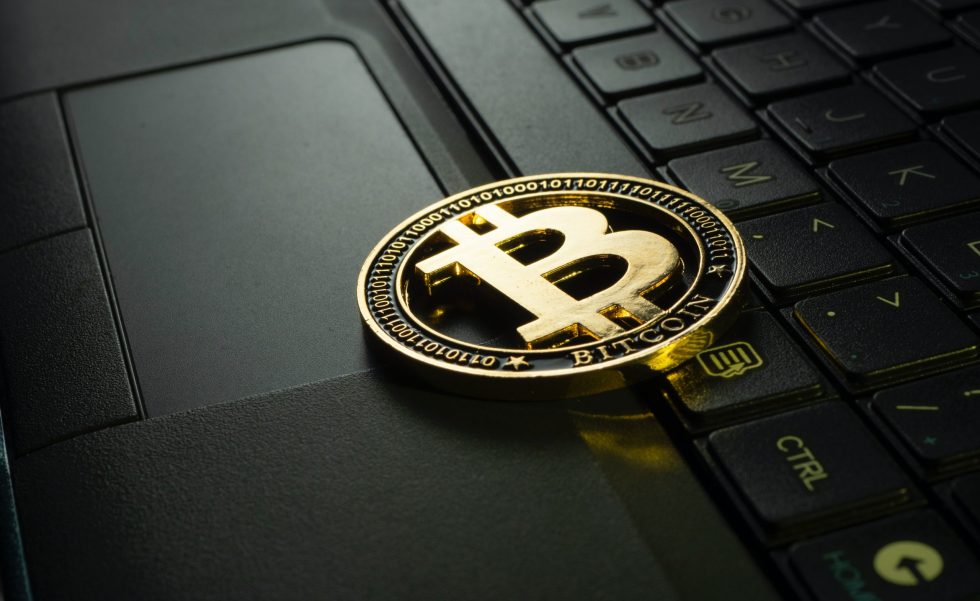U.S economist Steve Hanke gives notice on El Salvador’s Bitcoin law by saying it could be a trigger for international sanctions against the Central American country.
It’s no secret Hanke is an avid objector to the leading cryptocurrency. He recently called the move to make Bitcoin legal tender in the country “stupid.” He also said El Salvador’s economy would collapse as a result.
Bitcoin-supporters may dismiss Hanke’s comments. But what is the reasoning behind his thinking?
El Salvador Are Going For A Bitcoin
In justifying his stance on Bitcoin, Hanke called El Salvador’s Bitcoin law a forced tender law. He gave the example of a grocery store owner having no choice but to accept Bitcoin as payment for groceries.
“It actually makes it forced tender because it forces any recipient, let’s say a merchant, you’re operating a grocery store. Somebody comes in with Bitcoin and they want to buy groceries, you’re going to be forced to take it. So it’s a forced tender law.”
However, the CEO of Strike, Jack Maller, has already addressed this concern in a recent CNBC interview. He said no one is forced to hold Bitcoin or even to accept it for payment.
Maller clarified by saying the Bitcoin law is more about interoperability with the existing dollar system. Users of the national wallet can switch between BTC and dollars. As such, a merchant who prefers to receive dollars can opt to do so.
“We allow dollars, like a traditional U.S bank account to be interoperable with this open monetary network. So you can send and make Bitcoin payments in dollars, and receive Bitcoin payments in dollars.”
President Bukele unveiled the official national Bitcoin wallet, called “Chivo,” in late June. It operates on the Lightning Network, making it quick and cheap to use.
Hanke Says It’s About Hiding Illicit Activities
Hanke said El Salvador had enjoyed numerous economic benefits due to a dollarized system, such as rising exports and consistently having the lowest inflation rate in Latin America. That being so, he then posits, why would anyone want to de-dollarize in favor of Bitcoin?
In answering the question, Hanke turns to the standard anti-crypto response – to aid criminality.
“The more you look into it, it’s pretty clear that you’ve got some dark forces and probably criminal shysters behind the thing.”
Buoying up his argument, Hanke referred to the recently issued U.S State Department notice that named 14 members of the El Salvador government in connection with nefarious activities.
“They named 14 El Salvadorians who were bad actors associated with undemocratic activities, corruption, money laundering, you name it, everything under the sun. And 11 of those 14 that were named are close to the President of El Salvador, Bukele.”
Following this thread, Hanke said the Bitcoin law, when “examined under the hood,” is designed to facilitate criminal activity and transform the country into a “money laundering heaven.”
Hanke remains adamant that no such criminality exists in El Salvador’s dollar system. He then suggests that the Bitcoin law will further strain international relations, to the point that sanctions may come.
